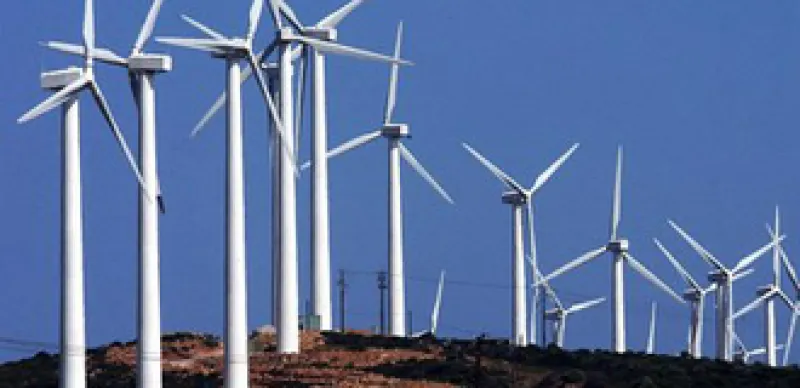
As the demand for energy consumption continues to grow, cleantech investment is seen as an inflection point. The innovation that springs from this inflection point is an incentive for potential shareholders to take a closer look at sustainable investments, with twofold benefits: higher returns and satisfying the growing demand for environmental protection in industry. The Obama Administration is taking a proactive approach to promote “green” initiatives and is offering a number of incentive programs to encourage innovative solutions for increasing demand on clean energy resources.
As with any industry, there is a traditional “growth stage.” Currently, the emphasis has been on improving green technologies and techniques to effectively implement them on a commercial level. For example, over the past several years we have seen great strides made in photovoltaic techniques, allowing greater efficiency and storage of solar energy and its application.
Although the U.S. has been an incubator for cleantech projects, investment firms are starting to realize that the actual testing and commercialization of these products will have a greater impact in emerging markets.
One of the main reasons why “green” investment funds should be looking at the commercialization of cleantech products in emerging markets is that besides their goal to offer attractive returns to investors, the funds have a mandate to positively affect the global environment.
It is no secret that emerging markets are often seen as the main cause of rising levels of carbon emissions in the atmosphere. Looser restrictions allow many businesses operating in emerging markets to often get away with unmonitored levels of environmental waste – levels that are not tolerated in North America or Europe. As a result, these emerging markets are the leading producers of carbon gases and environmental waste in the global village we live in.
China is a prime example. With its continued growth and relatively relaxed environmental regulations, China is creating pollution that affects locations more than 6,000 miles away. A report by the Santa Monica-based National Resource Defense Council cited China as building approximately one new coal plant per week. Given wind currents and atmospheric pressures, the pollution from these plants will soon find their way to the western coast of California. Some environmental agencies have indicated that 25 percent of the particulates found in the air around Los Angeles originates from China.
As manufacturing races ahead in the emerging economies of China and West Asia, the region is becoming the main source of environmental pollutants. Growing populations in emerging markets continue to place a great deal of pressure on the global environment and the world’s energy resources.
Sustainable real estate is another green segment that has been gaining a great deal of attention. Building structures are seen as one of the largest contributors to global warming and worldwide consume 76 percent of all power plant generated electricity. Tackling the building sector is essential to the battle against climate change.
As the world’s population continues to grow, so does the demand for real estate. Conventional materials and building strategies will result in such a strain on existing resources that some argue an ecological disaster is a foregone conclusion. Consequently, modern sustainable resources are attracting considerable interest from investment groups. The LEED (Leadership in Energy and Environmental Design) rating system created by the United States Green Building Council, coupled with a variety of government incentives have changed the way developers and investors are approaching new development projects.
Sustainable real estate is contributing to a new “breed” of buildings that not only place less strain on the surrounding environment but often utilize clean technologies such as wind or solar power to generate energy. This all translates to lower operating costs for buildings and an improved overall ROI for investors.
North American and European governments recognize the benefits of sustainable buildings and are supporting these initiatives; the time has come for emerging markets to get on board. Investment firms need to work with environmental and government organizations to promote change and capitalize on opportunities.
While many private equity and venture capital firms are gaining expertise in the cleantech sector, emerging markets must become central to capital formation strategies in order to secure their future as investment vehicles.
Namjoo Hashemi is the Managing Director of Pangea, LLC – an international consulting firm. Namjoo holds an extensive understanding of sustainability issues with a focus on green investment funds, specifically cleantech and sustainable real estate opportunities.






